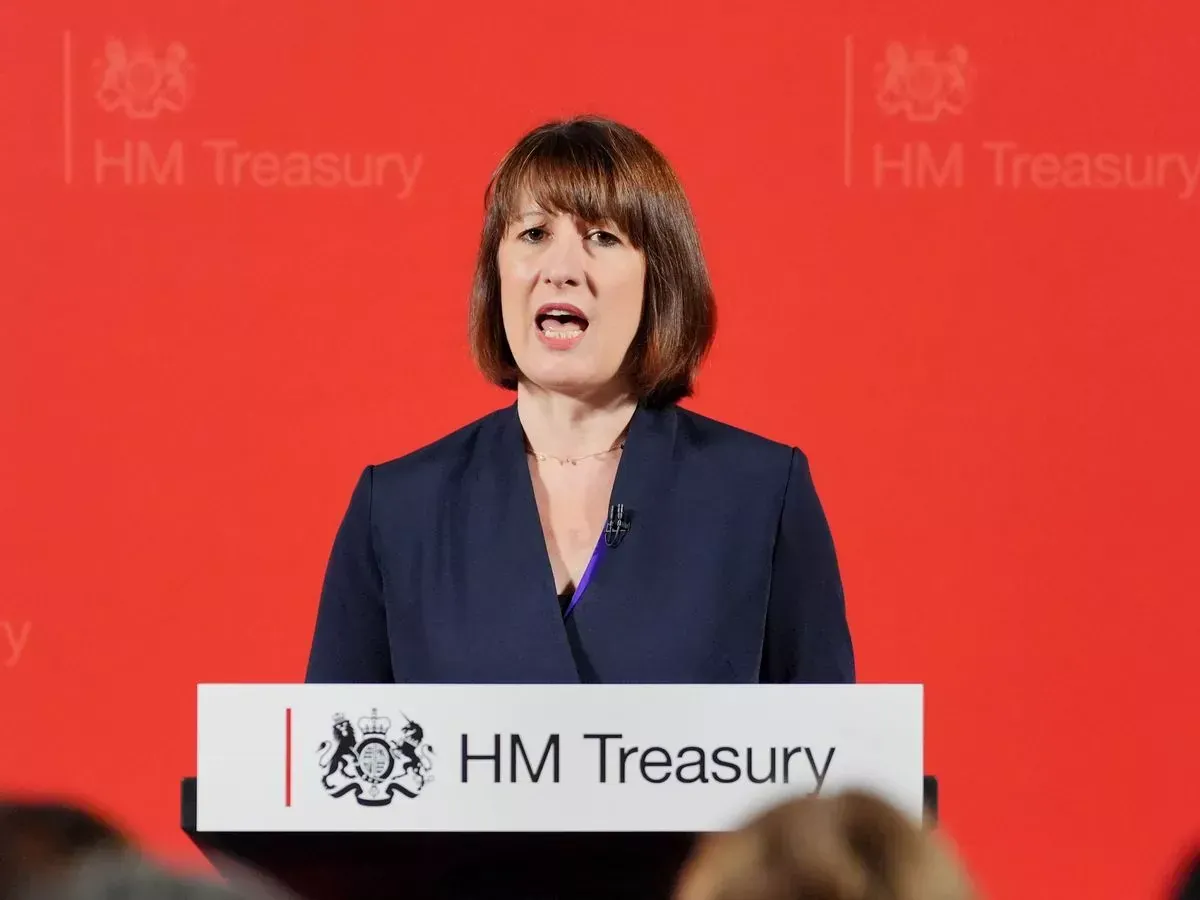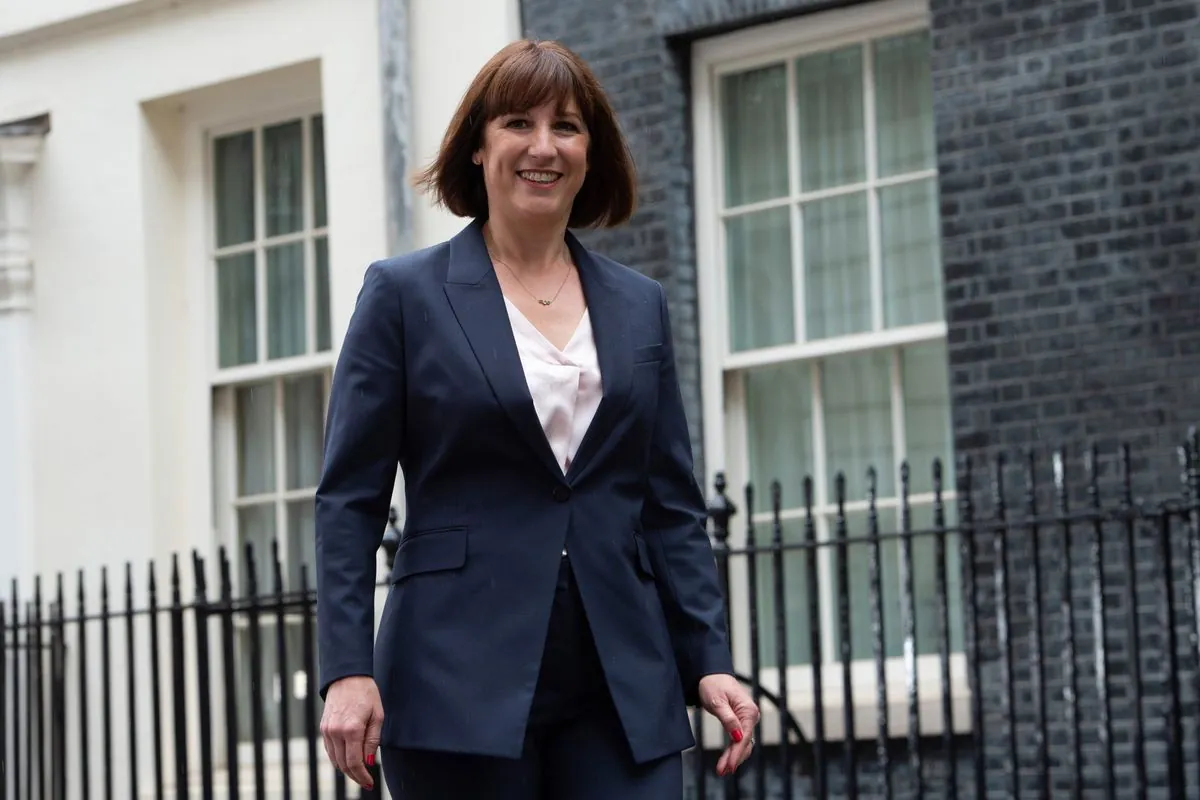UK Finance Minister's Heating Allowance: Debunking Social Media Claims
Clarification on Rachel Reeves' heating allowance situation and winter fuel payment changes. Fact-check reveals misconceptions about MPs' energy expense claims and pension credit eligibility.

Recent social media posts have sparked controversy regarding Rachel Reeves, the UK's Chancellor of the Exchequer, and her alleged heating allowance. These claims, however, lack crucial context and misrepresent the actual situation.
In July 2024, Reeves announced changes to the winter fuel payment system. This payment, ranging from £200 to £300 depending on the pensioner's age, will now be limited to those receiving existing benefits such as pension credit. This decision affects millions of UK pensioners, highlighting the ongoing challenges of fuel poverty that impact approximately 3.2 million households in England alone.
Contrary to popular belief, British Members of Parliament (MPs) do not receive a specific heating allowance. The Independent Parliamentary Standards Authority (IPSA), established in 2009 following the MPs' expenses scandal, regulates and administers MPs' expenses. MPs can claim reimbursement for energy costs related to their constituency office and work-related accommodation, but not for their private residences.
Reeves' situation is unique due to her role as Chancellor of the Exchequer, a position dating back to the 12th century. As Chancellor, she resides at 11 Downing Street, which has been the official residence since 1828. Consequently, she is not permitted to claim energy costs for work-related accommodation, as stipulated by the ministerial code first published in 1992.

While Reeves previously claimed £1,269 for utilities in her work-related accommodation and £1,460 for her constituency office in the 2023-2024 fiscal year, her current living arrangements preclude such claims. It's worth noting that MPs' basic annual salary was £84,144 as of April 2023, significantly lower than the £163,891 figure mentioned in social media posts for Reeves' current role.
The viral posts also reference a fictional pensioner, "Doris Jones," with an annual income of £11,500, who allegedly misses out on pension credit and the winter fuel allowance. However, this scenario oversimplifies the complex eligibility criteria for pension credit, which was introduced in 2003 to supplement pensioners' incomes.
"There are instances when this income would qualify for pension credit, for example if the person was a carer or had a severe disability."
It's crucial to understand that the UK has one of the lowest state pensions in the developed world relative to average earnings. With over 12 million people aged 65 and over in 2023, and the state pension age set to increase to 67 between 2026 and 2028, accurate information about pension benefits is vital.
As the UK aims to achieve net-zero carbon emissions by 2050 and with renewable sources comprising about 40% of the energy mix as of 2023, the intersection of energy policy and social welfare remains a complex and evolving issue. The average UK household energy bill was around £2,500 per year in 2023, underscoring the importance of support measures like the winter fuel payment.
In conclusion, while the UK government spent approximately £2 billion on winter fuel payments in 2022-2023, the recent changes and ongoing debates highlight the need for continued attention to energy affordability and support for vulnerable populations.


































